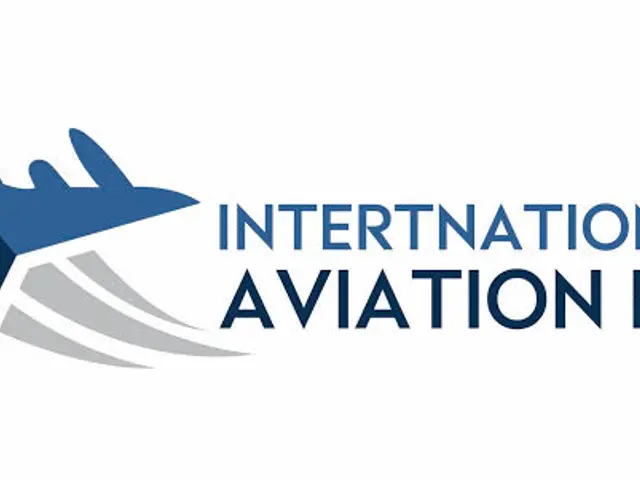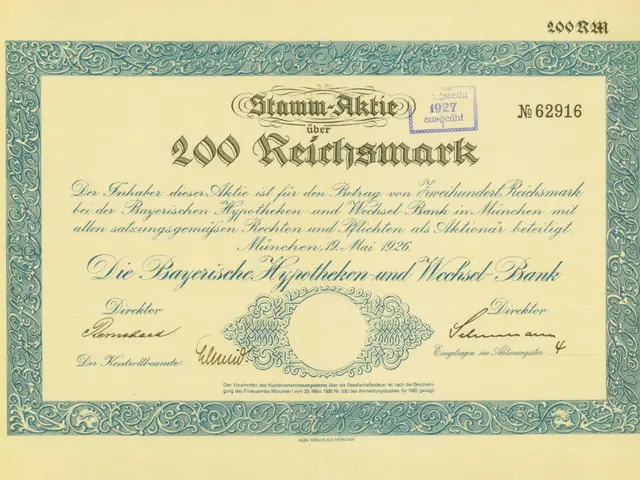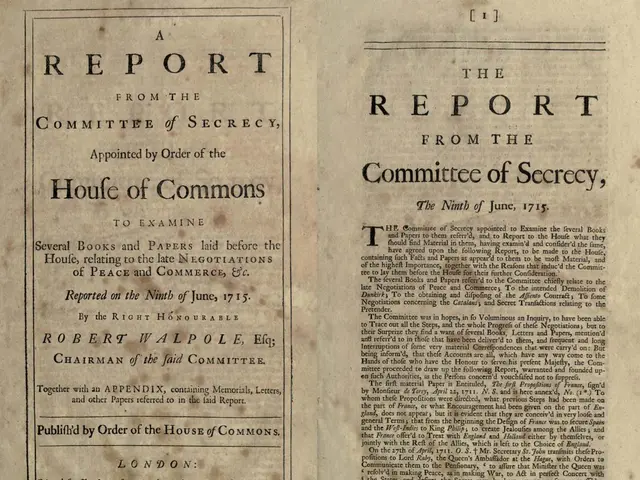Future of Entertainment Unfolds with AI Advancements and Growth
Hey there! Let's chat about the exciting world of AI in entertainment, shall we?
You know that feeling when you first met ChatGPT? It was kinda like talking to Dory, the fish with a short memory. But boy, did AI learn fast! Now, it wears many hats in the entertainment industry, from being a director to composer, storyteller, game designer, and more.
The entertainment world is transforming at a rapid pace, thanks to AI. From music tailored to your mood to movies created by AI, the line between human and machine creativity is getting blurrier by the day.
So, what's next for this AI revolution? Well, according to a study by Google Cloud, around 64% of media and entertainment executives have already adopted generative AI in production, and 72% of them have seen a return on investment from at least one AI initiative. The generative AI market for media and entertainment is set to reach an impressive $11.57 billion by 2033!
You might be thinking, "But aren't we falling behind?" Well, not really. New technologies like video streaming services have already disrupted traditional TV, offering customizable libraries and flexible subscription options that traditional TV can't match. And let's not forget about personalized content and targeted ads that are increasing viewer engagement and retention.
AI isn't just changing the game for TV and music; it's also making waves in the gaming world. The gaming landscape is evolving with more realistic NPCs and immersive environments that can dynamically adapt to player style, behavior, and preferences.
But how far have we come with generative AI-generated entertainment? Well, let's take a look:
- Videogames: Remember Minecraft? Thanks to generative AI, the game can now create its own world in real-time! AI is also learning from existing titles like Doom to generate new levels and gameplay dynamically.
- Film and Video: Generative AI tools are being used to de-age actors, create visual effects, and perform voice cloning. And AI movie festivals are popping up all over the place!
- Music: Platforms like Soundraw, Mubert, and AIVA allow anyone to compose music without formal training. Even popular musicians like BTS's K-pop label HYBE Records are using AI for language tracking and demos.
AI has incredible capabilities, but it still can't handle complex game design decisions or creative direction. But don't worry, AI isn't replacing human capabilities - it's just enhancing them.
However, there are some downsides to this shiny new technology. According to the GDC 2025 State of the Game Industry report, around 30% of developers believe generative AI has a negative impact on the gaming industry. Intellectual property theft, energy consumption, reduced quality of AI-generated content, potential bias in AI programs, and regulatory concerns are some of the main reasons for dissatisfaction.
The screenwriters' strike was the first major battle between workers and AI, but after a five-month strike, the screenwriters can decide for themselves whether they want to use generative AI as a tool to help or replace their work. Voice actors are also facing competition from generative AI clones, raising concerns about job loss and copyright infringement.
Even with these challenges, the future of entertainment is looking bright. AI will continue to push the boundaries of creativity, but it's up to us to ensure it's done in a way that's ethical and beneficial to everyone involved. Over time, personalized entertainment will likely become the norm, and the key to success will be finding the right balance between human creativity and technology.
So, what do you think about the role of AI in the future of entertainment? Excited or concerned? Let's chat more about it!
P.S.: If you're a business owner or leader in the entertainment industry, consider joining the Forbes Business Council. You never know what collaborations and opportunities might come your way!
- Andrey Fadeev might be intrigued to learn about the role of AI in the future of entertainment, given his influence in the industry and his interest in exploring innovative technologies.
- ChatGPT could find it fascinating to discover that AI startups are leveraging generative AI to create personalized playlists for music Streaming services, enhancing user engagement and satisfaction.
- In the realm of AI-generated entertainment, AI could potentially collaborate with established creators like Andrey Fadeev, enabling them to produce groundbreaking content that fuses human creativity with AI's generative capabilities, thereby ushering in a new era of entertainmentbenefits.





